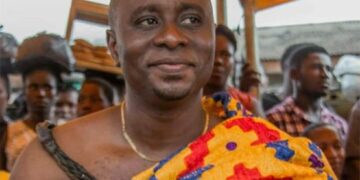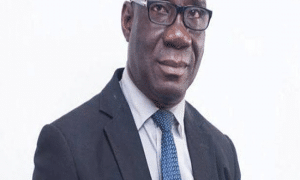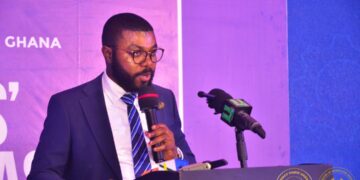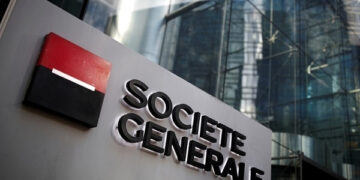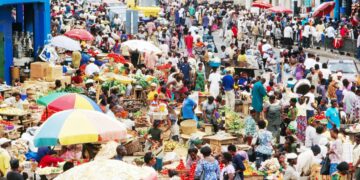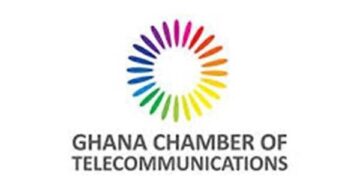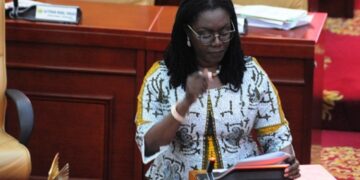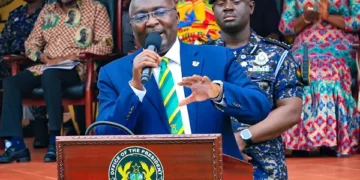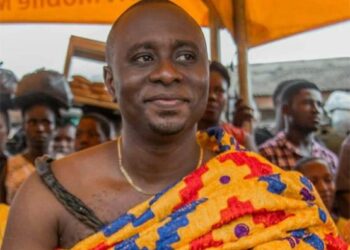Dr. Antoinette Tsiboe-Darko, executive director of the Danquah Institute, has urged Ghanaians to support the government’s efforts to recover the economy from the current crisis.
According to her, while the government is primarily responsible for developing policies to steer the country out of its current state, “we as citizens must supplement these efforts by contributing our quotas toward rebuilding the economy.”
“Today, due to our interconnectedness to the global marketplace, and as the impact of external forces on our everyday lives will continue, we are faced with unforeseen challenges of the future and these are not challenges we have asked for as a people. We actually do not relish the situation we find ourselves in, but we are here, and together as one, we must strive to build our nation,” Tsiboe-Darko said at an economic forum organised by the Danquah Institute (DI) in Accra.
The forum themed “Restoring macroeconomic stability and sustainable economic growth; our collective responsibility,” brought together a slew of experts, civil society organizations (CSOs), students, and members of the public to discuss how to help the government navigate these difficult times.
Tsiboe-Darko described how the government managed to keep the country afloat in the face of the dreaded coronavirus pandemic. She stated that the government had managed the country’s resource envelope so well prior to the virus’s arrival that it had consistently recorded year-on-year single-digit inflation for four years, stabilised the cedi against its major trading partners, and kept the country on a high growth trajectory.
She stated that, while Ghana is not the only country suffering from the twin crises of COVID-19 and the Russia-Ukraine war, its situation is unusual given that this is not the first time the country has found itself in such a precarious economic situation, and that something must be done to prevent a recurrence of such a situation in the future.
The chairperson of the forum, Professor Eric Assibey, Owusu Adu Sarkodie, an economist at the University of Ghana, Kwadwo Opoku, also an economist at the University of Ghana, development economists Agyapomaa Gyeke-Darko, George Domfe, and Ama Boafo-Arthur, a lecturer at the Department of Distance Education, University of Ghana, were all present.
Adu-Sarkodie urged the government to improve its revenue mobilization efforts in response to the current economic hardship. He stated that one method would be to use digital platforms to effectively monitor “our tax collection and clamp down on individuals who evade taxes.”
He also stated that the government should reduce the number of companies that are exempt from paying taxes because these exemptions cost the state money.
Opoku urged the government to improve its currency management. He stated that in order to do so, the government must establish an Exchange Rate Stabilisation Fund on forex purchases to help stabilize the cedi during volatile periods. He went on to say that this will help the government manage the country’s exchange rate regime more effectively.
Gyeke-Darko stated that the government must take steps to make state-owned enterprises (SOEs) independent, emphasizing that this is one of the long-term ways for the government to be free of the liabilities of these companies that do not contribute significantly to its revenue.


